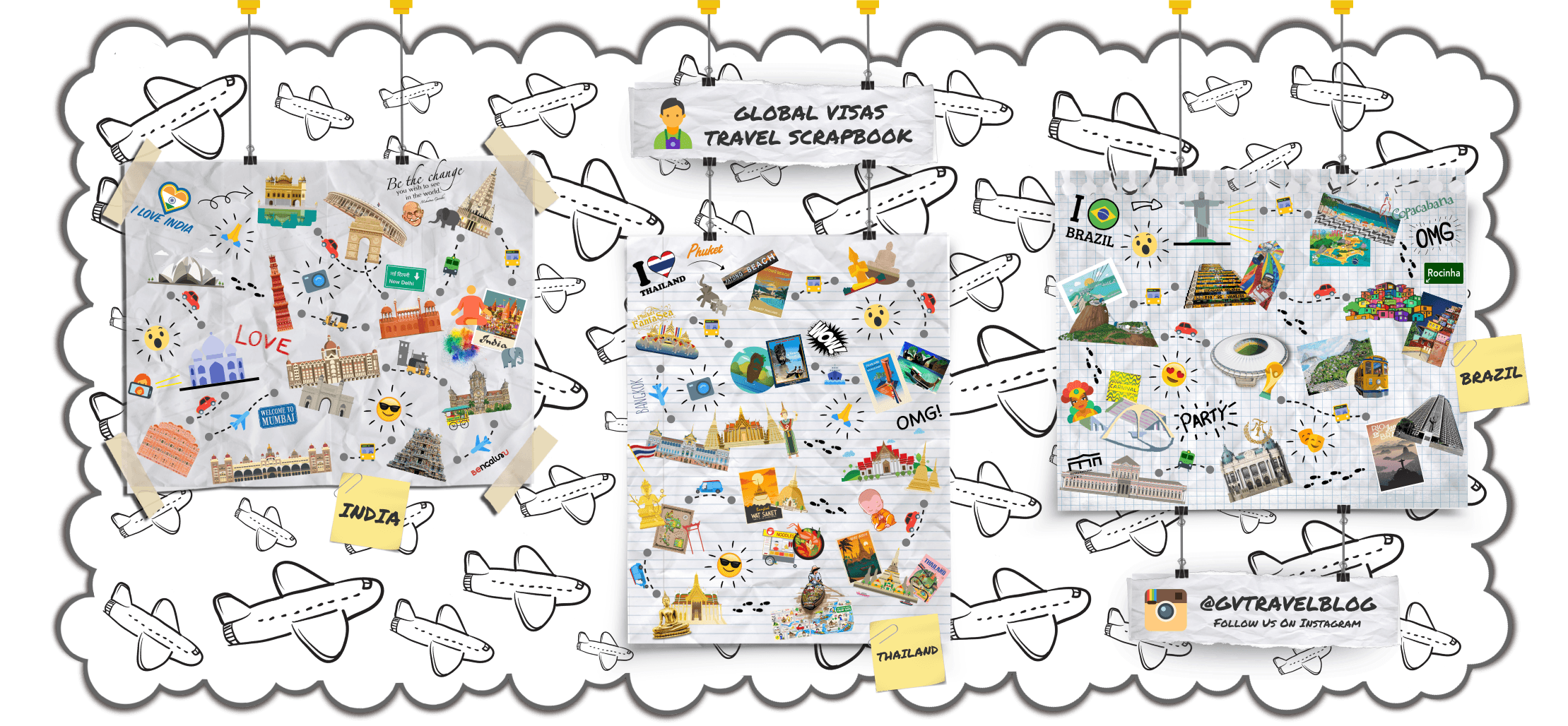BY PLANE:
Domestically, the air transportation scene in Ghana is very dynamic and appears to go through regular changes. As of October 2019 there are only two registered carriers – Passion Air servicing Accra, Kumasi & Tamale, and Africa World Airlines who service these same centres in addition to Takoradi. All aircraft are of a high standard, as is the service level of airline staff, flights run on time and are reasonably priced. Note: at this time there are no scheduled services to Sunyani or Obuasi.
BY TRAIN:
There are rail links between Accra, Takoradi and Kumasi however, as of October 2010, all railways have been suspended except those travelling from Accra to Nsawam (four times a day, Monday through Saturday) and from Accra to Tema (twice a day, Monday through Saturday). These are mostly used as commuter trains for residents. The railway system is being renovated, so the other routes are expected to reopen to passengers when everything is complete.
BY CAR:
Roads are variable. In Accra most are fairly good. Significant improvements are being made on the main road between Accra and Kumasi. Most of the roads outside Accra apart from the major ones are dirt tracks. The road between Techiman and Bole is particularly bad and should be avoided if possible. For travel on most roads in the North of the country a 4×4 is required, a saloon car will cope with some of them in the dry season but is not recommended.
Cars with foreign registration are not allowed to circulate at night 18:00-06:00. Only Ghanaian registered vehicles are allowed on the road at this time. Non compliance can result in fines and the impounding of the vehicle for the night.
BY BUS:
With the collapse of the state owned transport company (STC), many private own companies are springing up and providing better service to passengers. Companies such as VIP Bus, O.A. Travel and Tours, M Plaza, Diplomatic Transport etc ply the major cities and towns of the country. The VIP bus company is now the major carrier between Accra, Kumasi, Sunyani, Takoradi etc. Fare depends on preferred company and destination of travel. Most of these buses are a/c coaches, there are no advance tickets and there are meal and wash-room stops when aboard.
However these private buses don’t travel to rural areas of the country. Metro bus which is a state company is by far the cheapest means of travel to consider when travelling between towns.
BY TRO-TRO:
A ‘tro-tro’ is almost any sort of vehicle that has been adapted to fit in as many people, possessions, and occasionally livestock, as possible. Tro-tros are typically old, 12-passenger VW or Mercedes-Benz vans. Similarly to ‘shared’ taxis, tro-tros will run along fixed routes and have fixed fares, and will rarely run with less than capacity [so be prepared to wait]. They are inexpensive (cheaper than shared taxis and STC buses) and fares should reflect distance travelled, however they have a questionable safety record and frequently breakdown. Breakdowns however are usually not too much of a problem since they will break down in a route where other tro-tros run, so you can just grab another one. Although they generally run point to point they will usually pick and drop on route if required. They make runs within the city (i.e. Circle to Osu for GH₵0.20) as well as intercity routes. They are often the only option between remote towns but are not recommended for long journeys. Tro-tros are an excellent way to meet Ghanaians, and are always great for a cultural adventure. Sometimes they will make you pay extra for luggage, and occasionally they will try to overcharge (very rarely).
If you feel like being an elite tro-tro rider, ask around for City Express, a newish service sporting the usual minivan, but with working breaks, non-stop travel, half the seats, and impressive air conditioning. It mostly runs between the larger cities along the coast, e.g., Takoradi, Accra, Aflao, et al.
BY TAXI:
Taxis are prevalent, easy to spot, safe, and as a tourist you will find they find you quick enough if you need one. To charter a taxi is more expensive than to share one, but prices are negotiable and almost always need to be bargained over. Always settle on a fare before getting in. A taxi for a very short route should be no more than GH₵1.00, longer GH₵2.50-5.00 and GH₵8.00 should be enough for most places in the city. As of December 2011, you can use a rough rate of GH₵1.00 for every 1.5 km travelled (check Google Maps for the distance between places). Fares continue to fluctuate with the fuel prices on the international market. Almost every taxi driver will start with a high price that is 1.5x-3x the local price if you’re a foreigner and then you’ll have to bargain them down. You’ll get the best price when you start to walk away from the taxi. In Accra and the major cities most taxis that will stop for you assume you require a charter taxi and unless you are on a very strict budget it’s usually easiest to do this. In more remote areas, shared taxis are most common.









